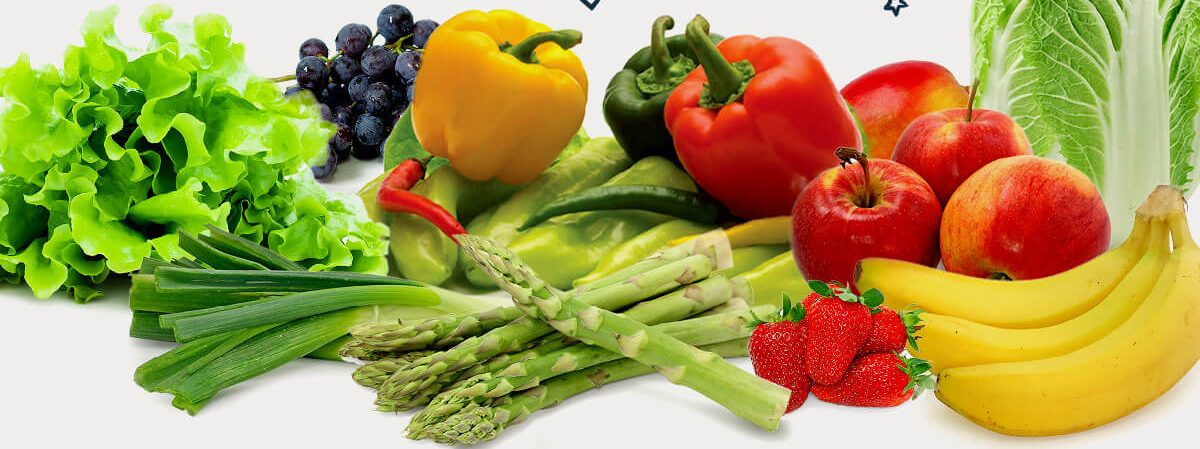
When it comes to fueling your body with the essential nutrients it needs to perform at its best, there is often a debate between using protein powder supplements versus whole foods. Both options have their own set of benefits and drawbacks, so let’s break down the differences to help you make an informed decision on which is better for you.
Protein Powder: Convenience and Efficiency
Protein powder supplements are a popular choice for many individuals, especially those with busy lifestyles that make it difficult to prepare and consume whole foods throughout the day. These supplements are convenient and easy to consume, providing a quick and efficient way to boost your protein intake without the need for cooking or meal prep.
Additionally, protein powders come in a wide variety of flavors and types, making it easy to find one that suits your taste preferences and dietary needs. From whey protein to plant-based options like pea or hemp protein, there is a powder for every individual, including those with dietary restrictions or preferences.
Furthermore, protein powders are often formulated with added vitamins, minerals, and amino acids to enhance their nutritional value, providing an extra boost to your overall health and wellness.
Whole Foods: Nutrient-Dense and Flavorful
While protein powders offer convenience and efficiency, whole foods are known for their nutrient-dense properties and flavorful tastes. Whole foods, such as lean meats, poultry, fish, eggs, dairy, legumes, nuts, seeds, and vegetables, provide a wide range of essential nutrients that are not only beneficial for muscle growth and repair but also for overall health and well-being.
Whole foods are rich in vitamins, minerals, antioxidants, fiber, and phytonutrients, all of which play a crucial role in supporting various bodily functions and promoting optimal health. Consuming a diet rich in whole foods can help reduce the risk of chronic diseases, improve gut health, boost immunity, and increase energy levels.
Additionally, whole foods offer a variety of flavors and textures that can enhance your meals and make eating a more enjoyable experience. From juicy steaks to crunchy nuts and creamy avocados, whole foods provide a wide range of taste sensations that can satisfy your cravings and keep you feeling satisfied throughout the day.
Which is Better for You?
Ultimately, the choice between protein powder and whole foods comes down to your individual needs, preferences, and lifestyle. If you are looking for a convenient and efficient way to boost your protein intake, especially on the go or post-workout, protein powder supplements may be the better option for you.
On the other hand, if you prefer nutrient-dense, flavorful foods that offer a wide range of health benefits beyond just protein, whole foods should be a priority in your diet. Incorporating a variety of whole foods into your meals can help you meet your nutritional needs while enjoying the taste and satisfaction that comes from eating real, wholesome foods.
Ultimately, the best approach is to strike a balance between protein powders and whole foods, incorporating both into your diet based on your individual goals and preferences. By prioritizing whole foods as the foundation of your diet and using protein powders as supplements when needed, you can optimize your nutrient intake and fuel your body for peak performance and wellness.
